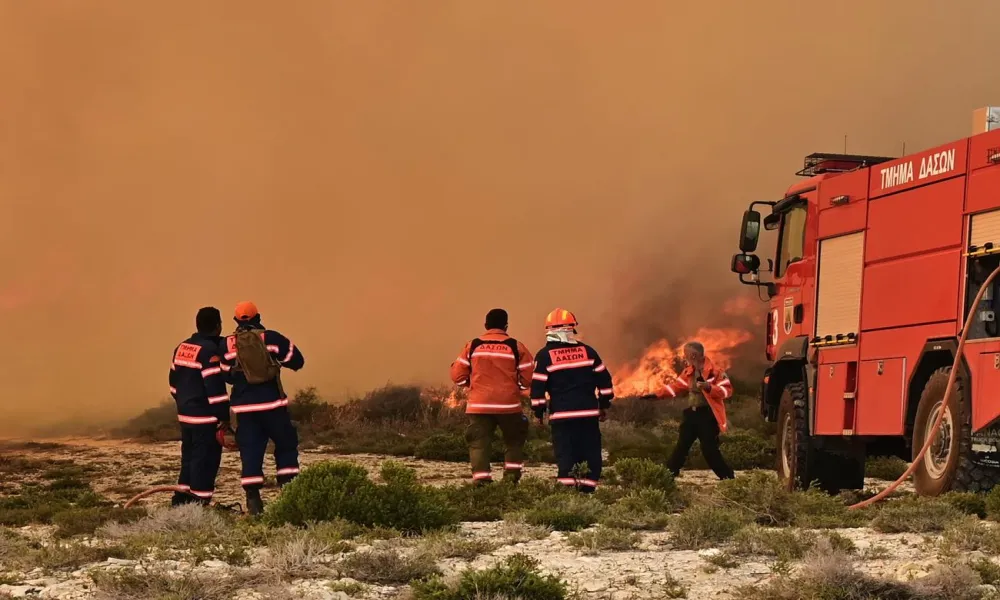There was little surprise in yesterday’s parliamentary debate on the devastating wildfire of 23 July in the Limassol mountains. As the exchange of views unfolded, it quickly became clear that the discussion amounted to little more than a restatement of the facts known within hours of the disaster, alongside an effort by ministers and senior officials to deflect responsibility away from their own decisions and policies.
Yesterday’s session kept alive the public concern over the fundamental conditions required to confront wildfires: prevention and the capacity for an immediate response by the competent authorities.
The dominant theme throughout the lengthy debate was the attempt to frame a crisis management regime, while at the same time exposing the political and institutional inadequacies that, in practice, led to the worst material and environmental disaster since 1974.
The debate, which will continue next month, is being conducted under the unhealthy shadow of political leaders refusing to accept responsibility. Such accountability cannot be equated with the search for shortcomings within the services alone.
In essence, what is developing under the label of parliamentary scrutiny is a discussion poisoned by the obstinacy of political figures who refuse to show even the minimum sense of decency by suspending their political role when faced with glaring failures. Instead, through denial and timidity, they have undermined both the public debate and the constitutional duty of Parliament to exercise oversight.
This counterproductive phenomenon is a creation of the Executive and rests squarely on the President of the Republic. By insisting on ignoring the broader principle of political accountability at moments when society demands it, he bears personal responsibility. That responsibility arises from the breadth of political failures that compounded one of the gravest disasters Cypriot society has faced in decades.
